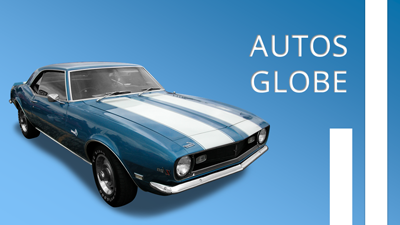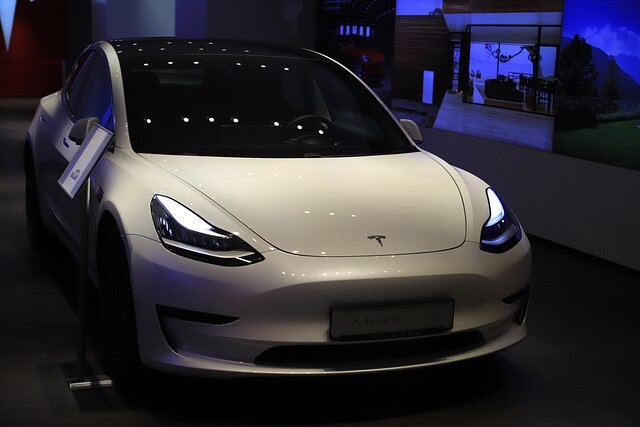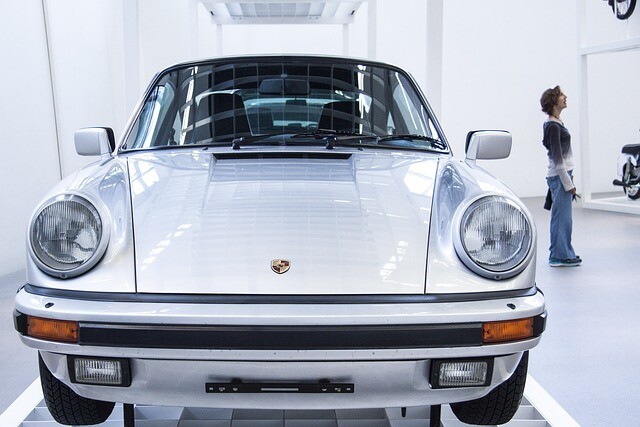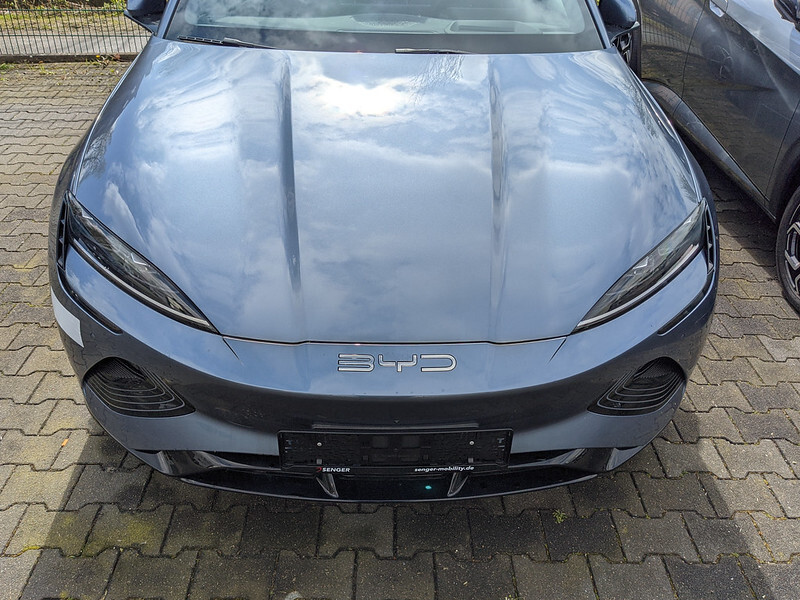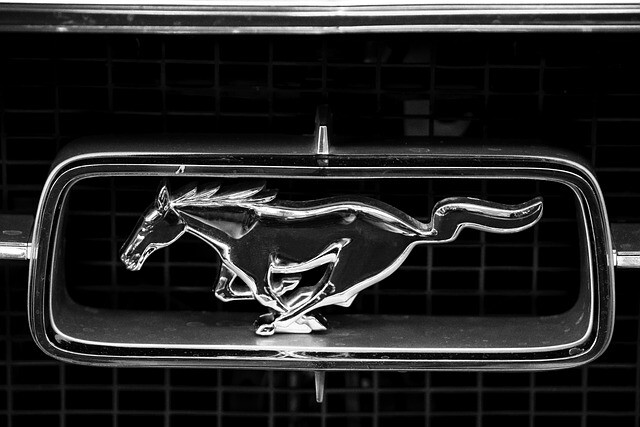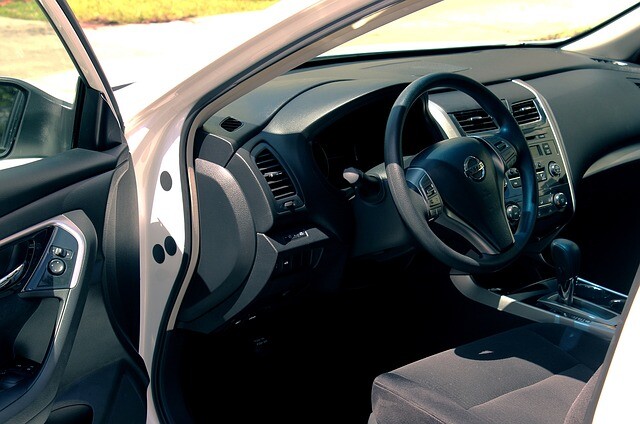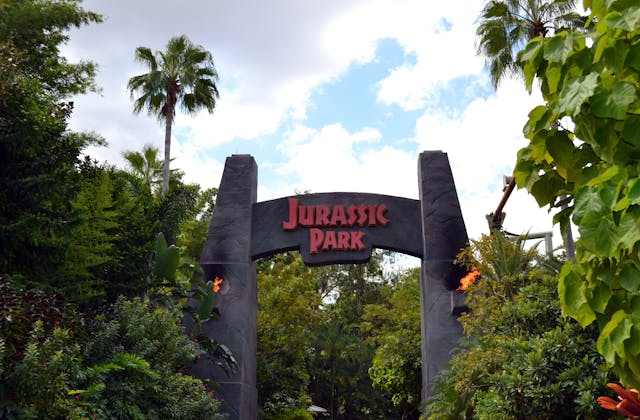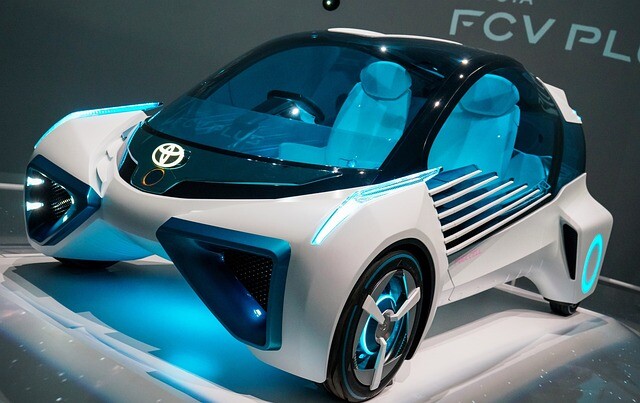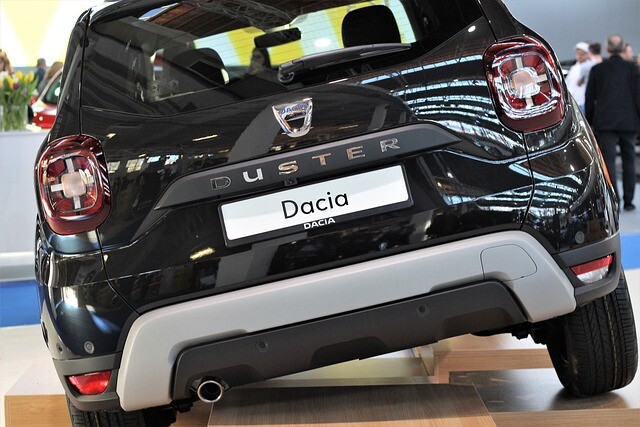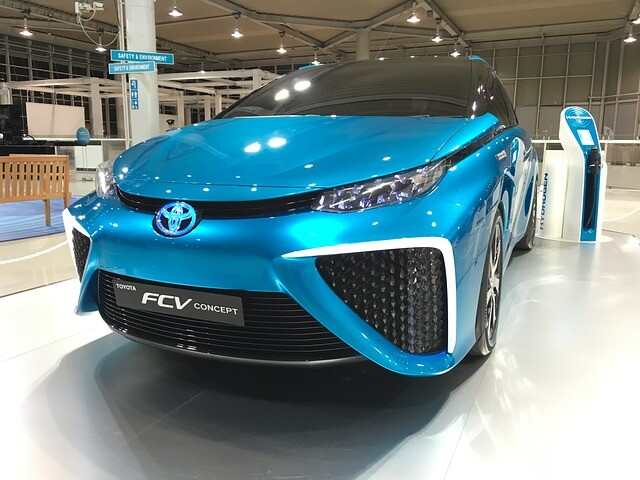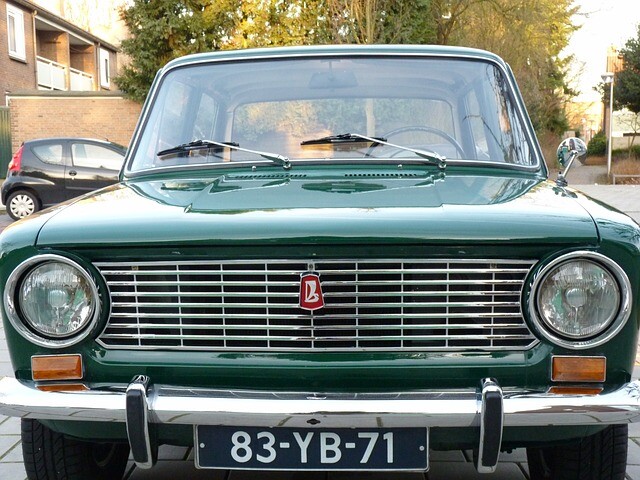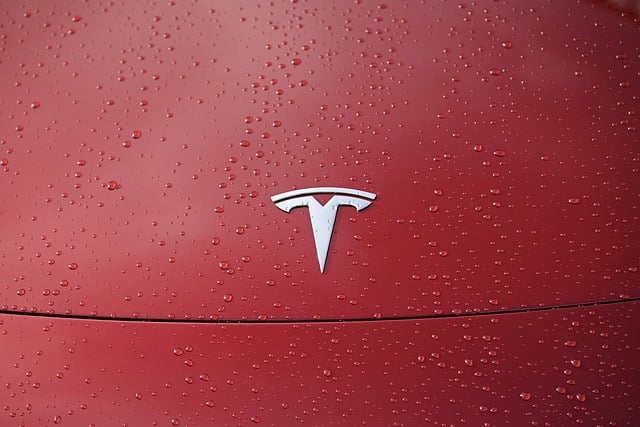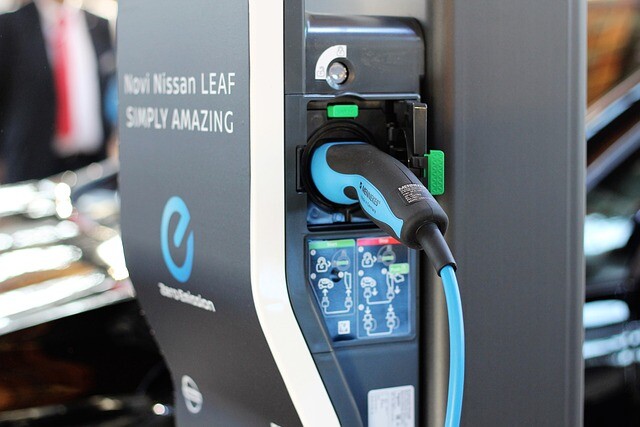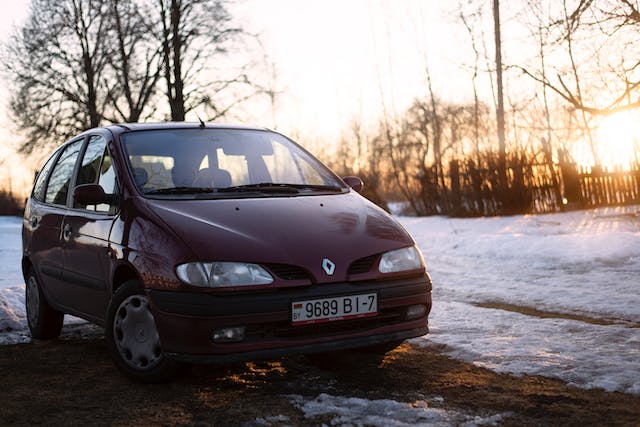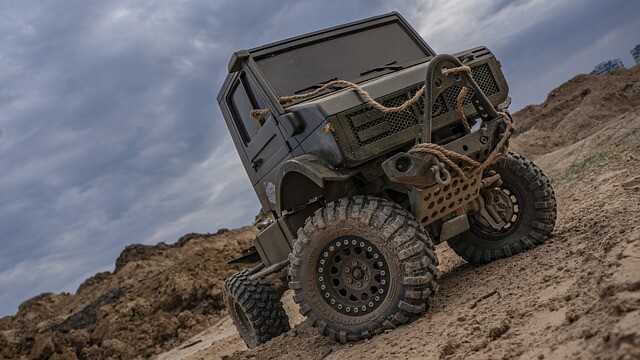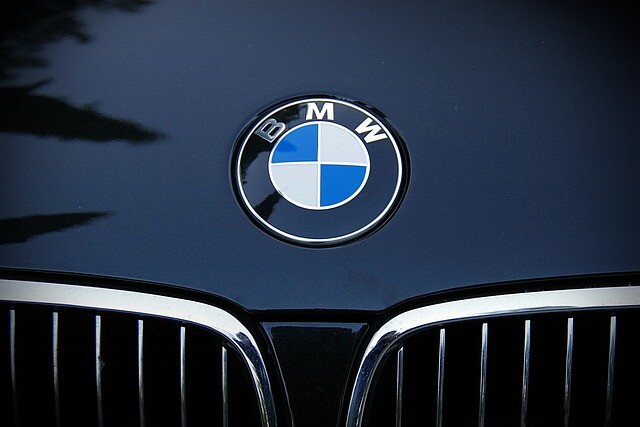Tesla opens its first European plant
Production began Tuesday at the Tesla plant in Grünheide, Germany, the first European plant for an American company that makes electric cars.
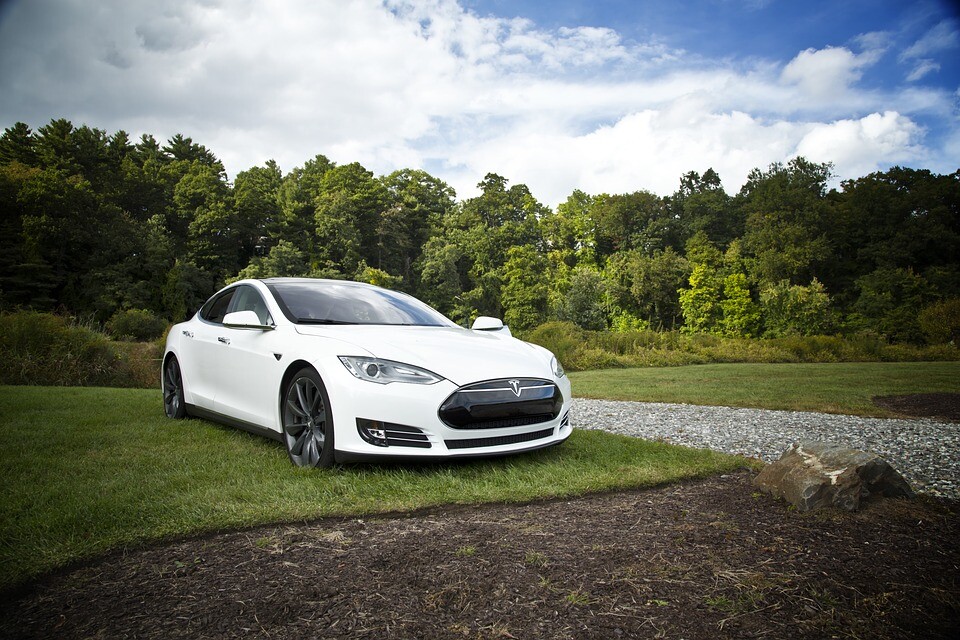
Tesla built its car and later battery plant in Berlin near record time and delivered the first 30 cars to customers on day 861 of the announcement of the investment.
The Tesla plant, with an investment of six billion euros (HUF 2,200 billion), shows, among other things, that "the German unit is operating," said Chancellor Olaf Scholz at the opening ceremony, referring to the fact that the plant, which employs 12,000 people, is It was built in the GDR.
He recalled that one of America’s most prestigious automotive companies, Ford, had been operating in Germany for nearly a hundred years, since 1925. It was true even then, and it is still true that "global competition is needed, not deglobalization," to end the economic ties that permeate the world, because that would lead to a significant loss of prosperity, the chancellor said.
Elon Musk, CEO of Tesla, underlined that "every car produced in Grünheide is another step towards a sustainable future".
Economy Minister Robert Habeck said in a briefing ahead of the opening of a plant designed to assemble 500,000 cars a year, officially known as Gigafactory Berlin Brandenburg, that Tesla had built the plant in record time, without state support.
The speed of the investment can be explained by the fact that Tesla started construction at its own risk before the final regulatory approvals. This still signals a new entrepreneurial attitude and culture in Germany, the Green politician explained, noting that as a minister he is working to establish a "Tesla-speed" approach in many other areas.
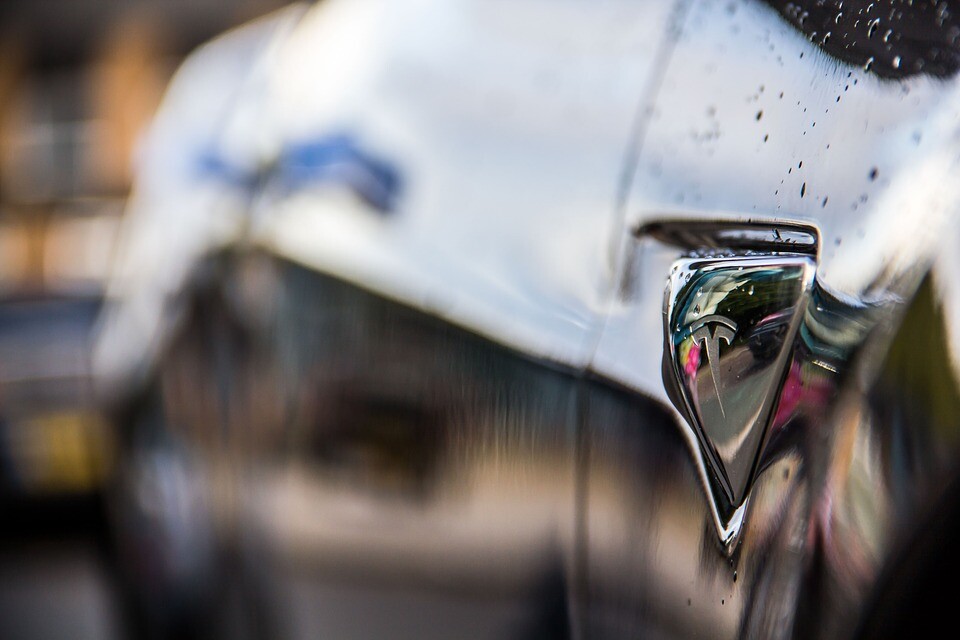
He also said the U.S. company chose Germany for its first European plant because it trusted the German "mobility turnaround", anticipating that nationwide transportation would switch to electric propulsion technology based on renewable energy sources.
The Tesla project has attracted a number of additional investments in the Brandenburg region around Berlin. Germany's BASF, one of the world's largest players in the chemical industry, is building a cathode plant to produce battery electrodes for 400,000 electric cars a year, Canada's Rock Tech plans Europe's largest lithium processing plant in the province and America's Microvast, a manufacturer of fast chargers for electric trucks Brandenburg.
At the same time, Tesla's investment was met with strong public resistance from the outset. Residents and environmental organizations in the area protested, among other things, that an entire forest had been cut down for the 302-hectare plant, along with outbuildings and finished car parks, and feared that the factory would consume 1.4 million cubic meters of water a year, equivalent to forty thousand settlements. can cause a shortage of drinking water in an already drier climate. Critics of the investment also organized demonstrations at the opening, which were attended by hundreds.
(Source: autokalauz.co.hu; MTI | Image: pixabay.com)
